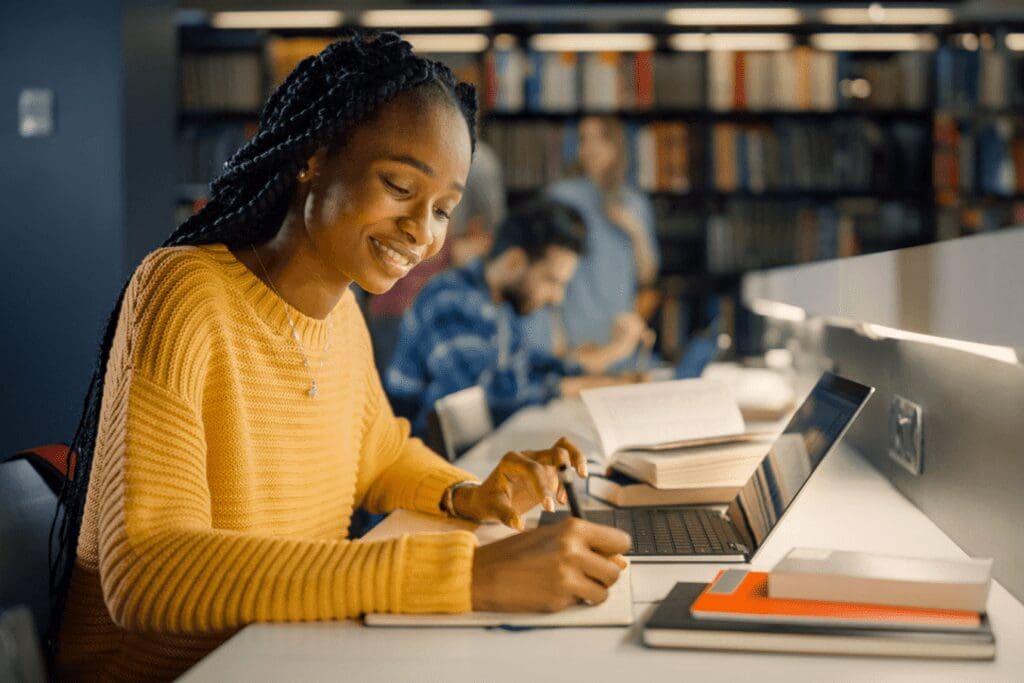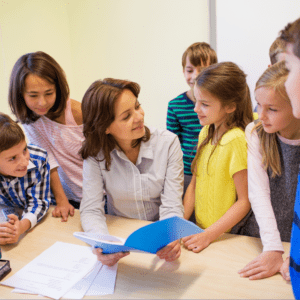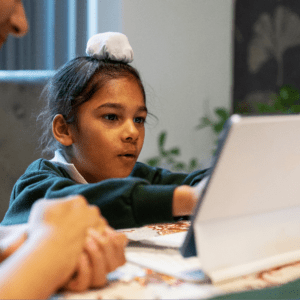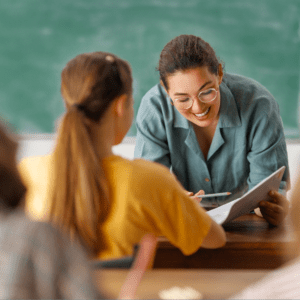Ah, the “gifted” student. They breeze through assignments with ease, ask thoughtful questions, and generally make our job as teachers a little bit easier. But here’s the thing – being gifted isn’t just about being smart. It’s also about having special needs that require extra support.
Yes, you read that right – gifted students are also special needs students. And just like any other student with special needs, they need extra support during school to make sure that they are successful in life. So let’s talk about why that is, and what we can do to support our gifted students.
What is a Gifted Student?
Generally speaking, a gifted student is one who demonstrates exceptional ability in one or more areas – whether that’s academic, artistic, athletic, or something else entirely. A gifted student will excel in one particular area (which might be the entirety of school), but will use this “gift” to compensate for other weaknesses. While this might be fine for the student at the moment, they often leave school without the repertoire of life-skills that other students do.

Weaknesses in Gifted Students.
Gifted students can easily become bored and apathetic if their work is too easy, so most will need meaningful extension activities to stay engaged and motivated. They may also have a different learning style that requires more independent work or creative thinking. Because they often stand out from their peers, gifted students may also experience social and emotional challenges, such as feeling isolated or misunderstood.
If a student breezes through school, they may enter university without the study skills that other students have needed to develop. If you could pass all your tests without studying, why would you? Life eventually becomes difficult for everyone, but some students don’t experience that until it becomes VERY difficult, and they don’t have the support around them that they once had.
I knew a student who was incredibly successful at school, but became a shut-in after he graduated. He had never learnt how to succeed without pressure – when it was up to developing his own goals, success criteria, schedule and routines, he just couldn’t do it. It took a lot of help to get him back on his feet again.
Pride in Gifted Students.
Pride is a major barrier for our gifted students. Many of them are clever, and they know it. They have been told this their entire lives. It is what most people think when they see them, and it becomes the value that they bring to relationships.
Being clever forms their identity, and becomes the key characteristic that they can use to be useful. If this becomes challenged and they suddenly aren’t the smartest, many gifted students don’t know what to do. They’ve never needed to rely on anything else.

How can we Support Gifted Students?
Offer differentiated instruction
Gifted students often need more challenging material in order to stay engaged and motivated, as well as to build their study skills and capacity for challenge. By offering differentiated instruction, such as advanced coursework or independent projects, you can help these students to reach their full potential.
Provide enrichment opportunities
Gifted students may also benefit from enrichment opportunities, such as summer camps, internships, or extracurricular activities. These can help to keep them engaged and motivated outside of the classroom, and give them a chance to explore their interests in greater depth. They can also be great for highlighting other skills that they might have, or build on skills that they are interested in.
Foster a supportive environment
Gifted students may feel isolated or misunderstood, especially if they are the only ones in their class or school. By fostering a supportive environment, such as by creating a gifted and talented program or connecting them with like-minded peers, you can help them to feel more included and understood.
Support their social and emotional needs
Gifted students may also have unique social and emotional needs that require support. This might include counselling or therapy, or simply providing a safe and supportive space for them to discuss their thoughts and feelings. Gifted students can often be judged by their peers for having insignificant problems compared to their own. Having a trusting relationship with a mentor can also be a useful strategy.
Work with parents and families
Finally, it’s important to work with parents and families to support gifted students. This might include regular communication about their child’s progress and needs, or providing resources and support for families who may be struggling to meet their child’s unique needs.
In conclusion, gifted students are special needs students who require extra support in order to reach their full potential. By offering differentiated instruction, enrichment opportunities, a supportive environment, and support for their social and emotional needs, we can help these students to succeed in school and beyond.





